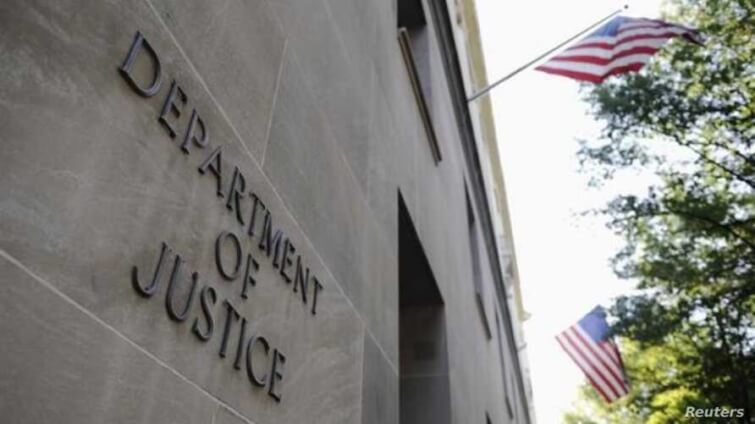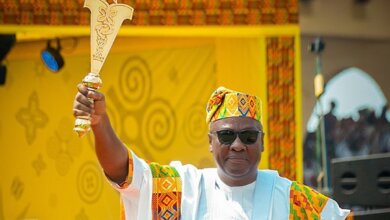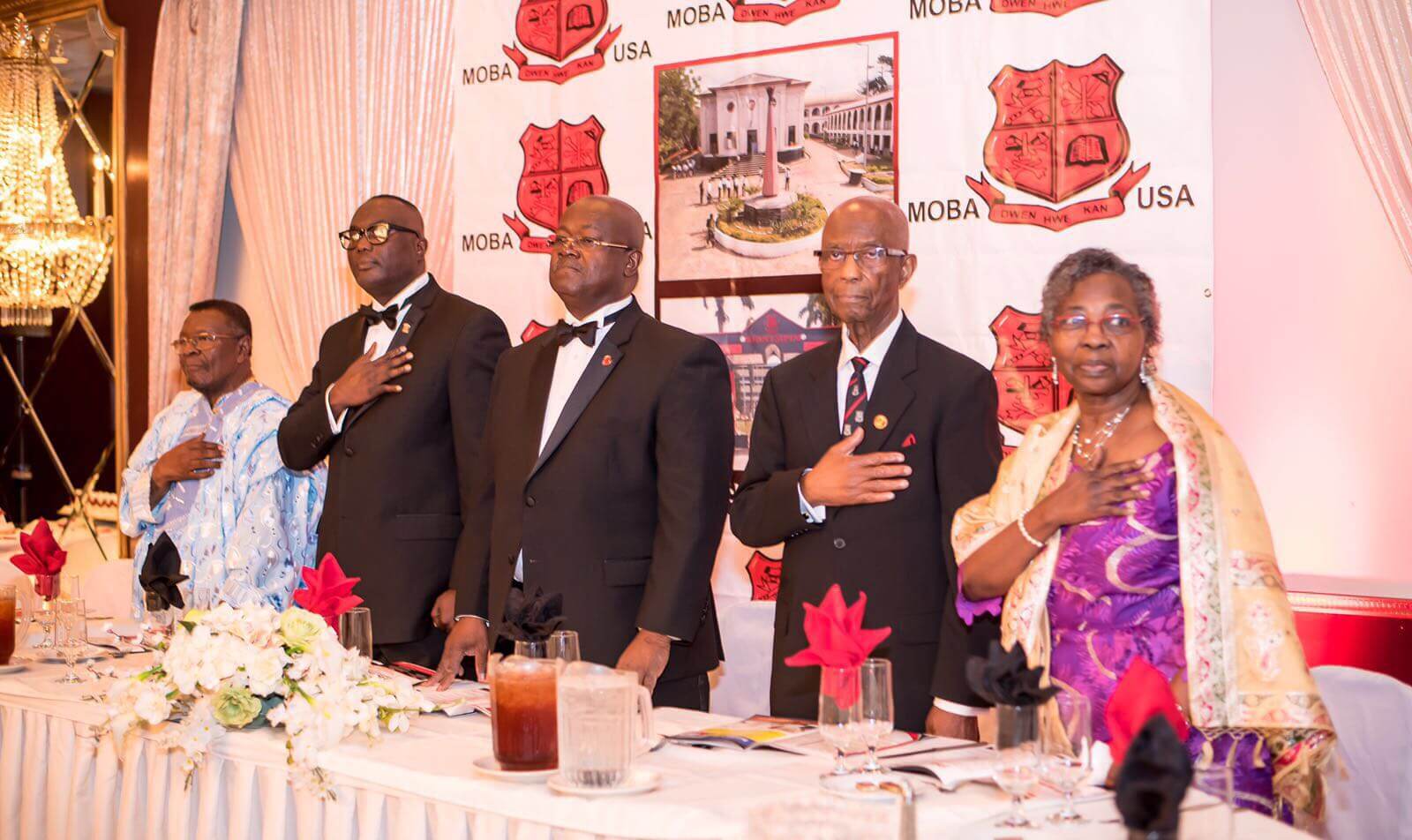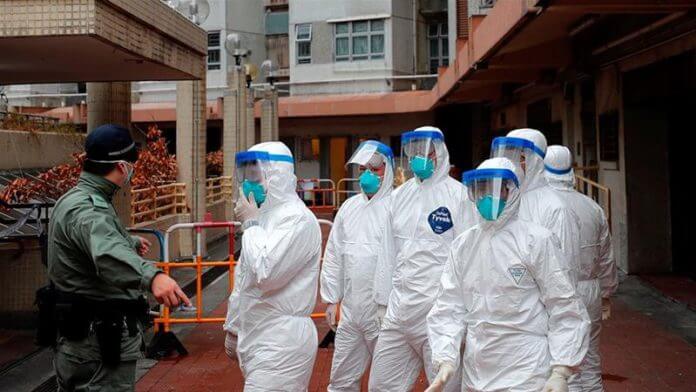War-torn Libya: France Holds Talk
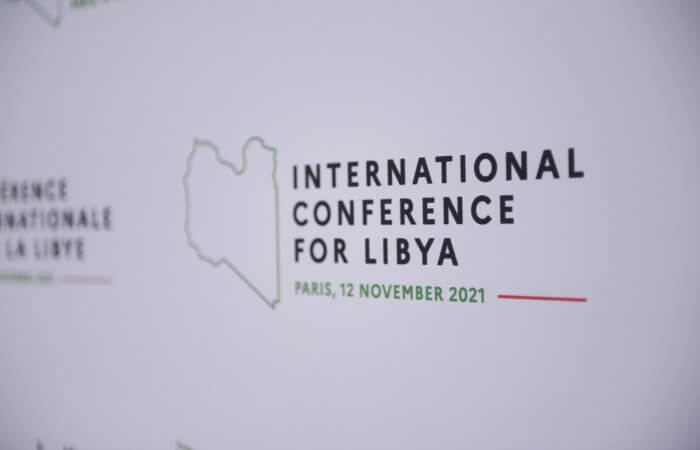
In advance of the Libyan elections on December 24, France organized an international forum on the country. Libya, Germany, Italy, and the United Nations are also co-chairing the summit.
Supporters of Libya’s factions gather in Paris to reaffirm their backing for what is expected to be a tumultuous election period.
The fact that the election will take place while Libya is still divided and foreign fighters are still there has fueled fears that the vote will be compromised since it is being held too soon.
More importantly, whether or not the timing makes sense, Libyans have a strong desire for a change in leadership, according to Tarek Megerisi, a Libya expert at the European Council on Foreign Relations.
“I think the population are so fed up with the incumbent political class, they would jump at a real chance to get rid of them,” Megerisi said.
“But this electoral process that has been put in place lacks even the smallest modicum of integrity. It’s like watching a car crash in slow motion.”
Read Also Stern Action Called For Over Enslaving of Africans in Libya
TIMELINE OF LIBYA AFTER GHADAFFI PRIOR TO CONFERENCE.
2011: Ghadaffi was Assassinated
Protests erupted in Libya in February 2011, sparked by the Arab Spring upheavals in Tunisia and Egypt. The United States, France, and the United Kingdom provided military support to what turns into an armed uprising in the North African country.
On October 20, Ghadaffi, who has been in power for 42 years, departed the city, but was captured and killed by rebels. The rebels hand over power to a transitional authority, the General National Congress, in August 2012.
2012: Foreign Missions were Attacked
In a September 11, 2012 attack on their consulate in Libya’s second city, Benghazi, US ambassador Chris Stevens and three American staff members were killed. A jihadist group with ties to Al-Qaeda was implicated.
In April 2013, a vehicle bomb targeted France’s embassy in Tripoli, wounding two French guards. The majority of foreign diplomats left the country.
Read Also Why Sudan is crucial to global security
2014-2016: Rival Administrations
In May 2014, eastern strongman Khalifa Haftar conducted an offensive in Benghazi against Islamist organizations. He renamed his forces the Libyan National Army, and he enlists the help of numerous senior officers from the east.
In June 2014, voters elected a lower chamber of parliament, the House of Representatives, which is dominated by anti-Islamists. However, Islamist-led militias rejected the results and, in August, invade Tripoli, restoring the GNC to power.
The internationally recognized House of Representatives took up residence in Tobruk, in the country’s east. The High Council of State, a parallel organization to Libya’s senate, was founded in Tripoli, Libya’s westernmost city.
As a result, Libya had two administrations and two parliaments. After months of talks and international pressure, the two parliaments struck an agreement in Morocco in December 2015 that establishes a Government of National Accord.
Fayez al-Sarraj, the organization’s chief, went to Tripoli in March 2016 to install the new government, but Haftar refuses to accept it.
Read Also The challenge of succession in African politics
2019: Haftar’s Insurgencies
After more than three years of warfare, Haftar declared Benghazi “totally liberated” from militants in July 2017. He had the support of Egypt and the United Arab Emirates, and later formed ties with Russia.
Haftar conducted an operation in oil-rich southern Libya in January 2019, taking Sebha, the region’s capital, and one of the country’s largest oil fields. He ordered his men to push on Tripoli in April. Tripoli’s army claimed to have captured Haftar’s last western stronghold in June 2020.
2020 – 2021: Tensions and Conversations
After UN-hosted talks in Geneva in October, the two administrations sign a “permanent” ceasefire accord. They agree to hold parliamentary and presidential elections in December 2021 in Tunis the following month.
In March 2021, Libyan delegates to the United Nations process approved a unity government led by interim Prime Minister Abdulhamid Dbeibah, tasked with leading the country to elections.
SOURCE: News Agencies
Abeeb Lekan Sodiq is a Managing Editor & Writer at theafricandream.net. He’s as well a Graphics Designer and also known as Arakunrin Lekan.

